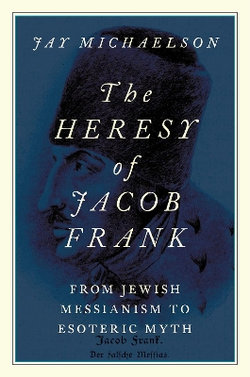Frank's worldview combines a skeptical rejection of religious law as ineffectual and repressive with a supernatural, esoteric myth of immortal beings, material magic, and worldly power. With close readings of the theological and narrative passages of Frank's teachings, Michaelson shows how the Frankist sect evolved from its Sabbatean roots and the infamous 1757-59 disputations before the Catholic Church, into a Western Esoteric society based on alchemy, secrecy, and sexual liberation. Sexual ritual, apparently tightly limited and controlled by the sect, was not a libertine bacchanal but an enactment of the messianic reality, a corporealization of what would later become known as spirituality.
While Frank was undoubtedly a manipulative, even abusive leader whose sect mostly disappeared from history, Michaelson suggests that his ideology anticipated themes that would become predominant in the Haskalah, Early Hasidism, and even contemporary 'New Age' Judaism. In an inversion of traditional religious values, Frank's antinomian theology held personal flourishing to be a religious virtue, affirmed only the material, and transferred messianic eros into social, sexual, and political reality.




Share This Book: